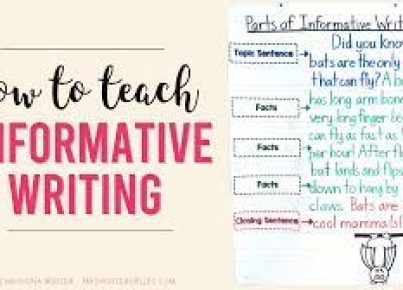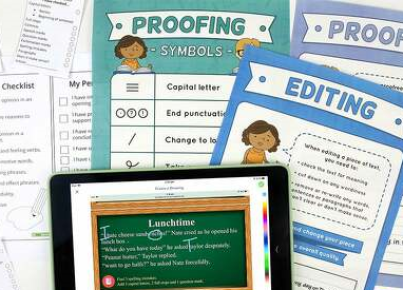Introduction
Terrific transactional writing is an essential skill for students and teachers alike. It encompasses various forms of written communication, including letters, reports, emails, and essays, that serve a specific purpose or convey essential information. This article will explore the benefits of developing strong transactional writing skills and provide helpful tips for students and teachers to enhance their writing abilities.
The Importance of Transactional Writing for Students
For students, excelling in transactional writing is crucial for academic success. Since it is a vital component of various courses and examinations, honing these skills can lead to higher grades and better overall performance. Moreover, transactional writing helps students to:
1. Develop critical thinking skills: As learners analyze information and formulate logical arguments, they sharpen their critical thinking capabilities—an essential attribute for problem-solving and tackling complex ideas.
2. Improve organization and structure: Mastering transactional writing involves creating coherent structures that support clear communication. This not only benefits students academically but also prepares them for future professional requirements.
3. Enhance communication: Effective transactional writing allows students to express their thoughts and ideas clearly and compellingly, improving their ability to communicate with peers, teachers, and future employers.
The Significance of Transactional Writing for Teachers
Teachers play a pivotal role in instructing students on the art of transactional writing. As such, it is essential for educators to possess strong transactional writing abilities to:
1. Create professional documents: Crafting well-structured lesson plans, syllabi, progress reports, and evaluations demonstrates expertise and professionalism.
2. Communicate effectively: Precise language usage ensures that teachers can deliver instructions, provide feedback, and collaborate with colleagues more efficiently.
3. Model best practices: By exemplifying excellent transactional writing habits, educators inspire their students to adopt effective communication principles—potentially raising overall educational standards.
Tips for Enhancing Transactional Writing Skills
Students and teachers can refine their transactional writing abilities through the following practices:
1. Plan before you write: Organize thoughts and ideas into a coherent structure beforehand. This helps to maintain clarity while expediting the writing process.
2. Use concise language: Eliminate unnecessary words or phrases. Adopting a succinct writing style ensures that information is presented clearly and quickly.
3. Proofread and edit: Regularly review your work to identify and correct grammar, punctuation, or spelling errors, as well as weak arguments or illogical structures.
4. Seek feedback: Encourage others to review your writing, as gaining an external perspective can expose blind spots while also providing insights into areas that require improvement.
5. Practice regularly: Like any skill, transactional writing improves with consistent practice. Intentionally engaging in various writing activities will foster growth over time
Conclusion
Terrific transactional writing is a vital competency for both students and teachers and offers numerous benefits—ranging from academic success to refined communication abilities. By applying best practices and continuously improving these written communication skills, individuals can excel in their respective educational endeavors while also preparing themselves for future professional opportunities.




